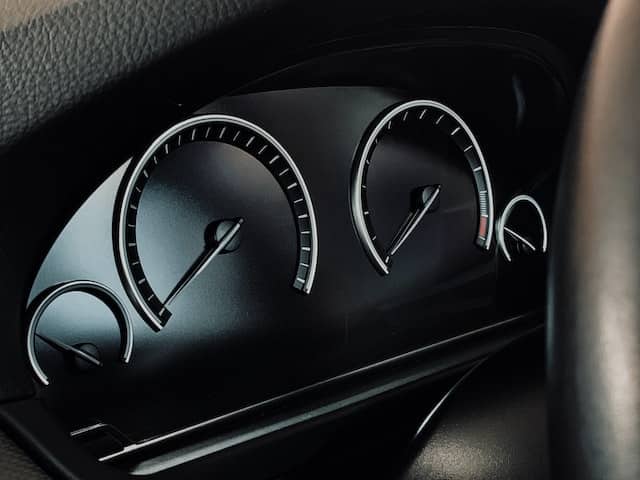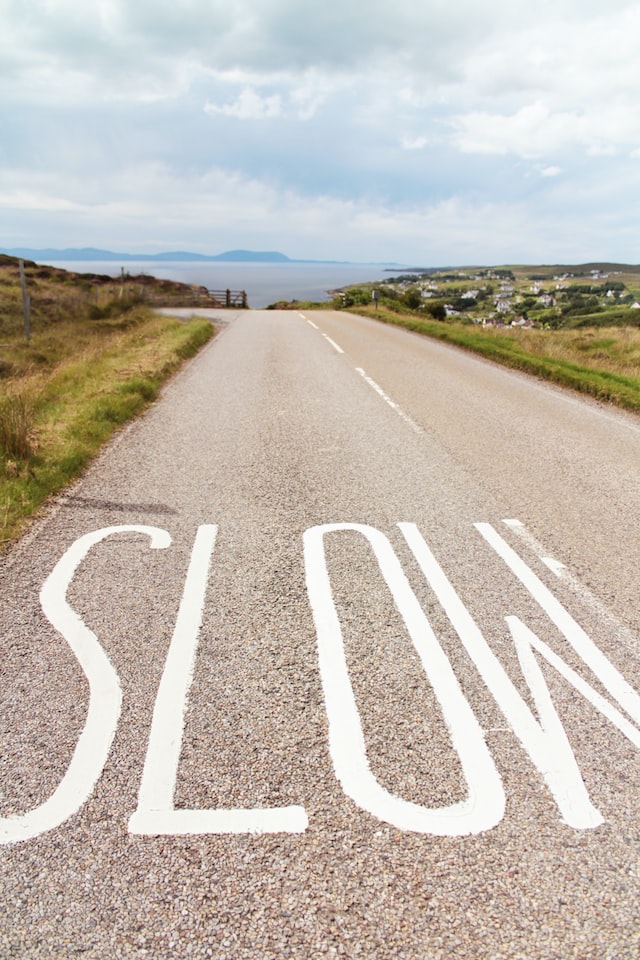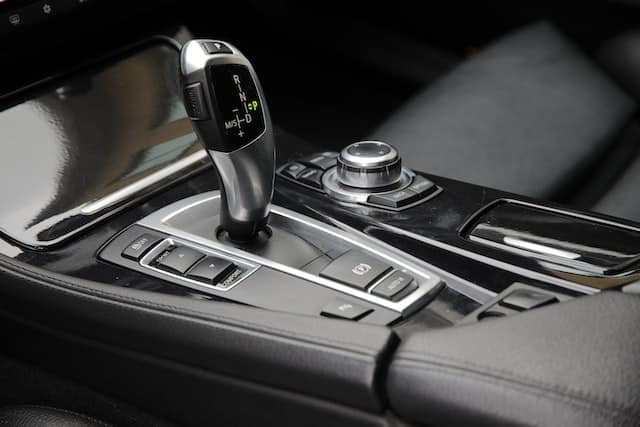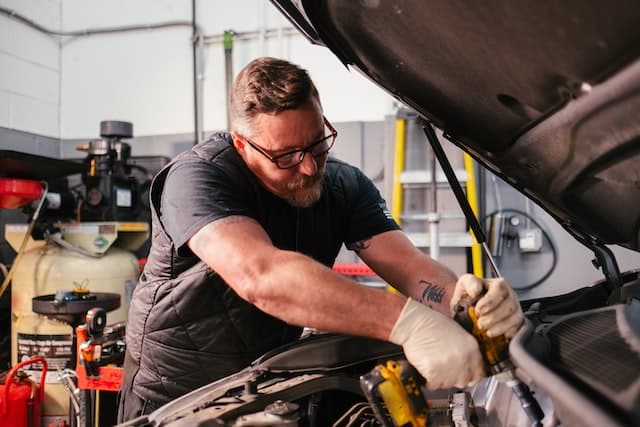
If your car feels sluggish when accelerating, it could be a sign of a variety of underlying issues with your vehicle. Not only can this be frustrating for the driver, but it can also be a safety hazard. It’s important to diagnose and address the problem promptly to avoid further damage and potential safety hazards. In this article, we’ll explore the possible causes of sluggish acceleration, how to diagnose the issue, and possible solutions.
Possible Causes of Sluggish Acceleration

The following are the most common causes of sluggish acceleration:
Dirty or Clogged Air Filter
The air filter in your car’s engine helps to filter out dust and debris, and over time, it can become dirty or clogged. When this happens, it can reduce the airflow to the engine and cause sluggish acceleration.
Fuel System Problems
Issues with the fuel system, such as a clogged fuel filter, can reduce the amount of fuel getting to the engine and cause sluggish acceleration.
Transmission Issues
Problems with the transmission, such as slipping or shifting issues, can cause the car to feel sluggish when accelerating.
Engine Problems
Engine issues such as misfiring or a malfunctioning sensor can cause the car to feel sluggish when accelerating.
Exhaust System Problems
A damaged or clogged exhaust system can cause a restriction in the flow of exhaust gases, reducing engine power and causing sluggish acceleration.
Car Feels Sluggish When Accelerating: How to Diagnose the Problem

Here are some steps to diagnose the issue:
Checking the Air Filter
Check the air filter for dirt or debris, and replace it if necessary.
Fuel System Inspection
Inspect the fuel filter and fuel pump for any clogs or damage.
Transmission Check
Have a mechanic check the transmission fluid level and inspect the transmission for any issues.
Engine Diagnostics
Have the engine checked by a professional mechanic to identify any misfiring or sensor issues.
Inspection of the Exhaust System
Inspect the exhaust system for any damage or clogs.
Car Feels Sluggish When Accelerating: How to Fix the Problem

Depending on the cause of the problem, there are several solutions available:
Replacing the Air Filter
Replace the air filter if it’s dirty or clogged to improve airflow to the engine.
Cleaning or Replacing Fuel System Components
Clean or replace the fuel filter or fuel pump to improve fuel flow to the engine.
Repairing or Replacing the Transmission
Repair or replace the transmission to address any shifting or slipping issues.
Repairing Engine Issues
Repair any misfiring or sensor issues to improve engine performance.
Repairing or Replacing the Exhaust System:
Repair or replace any damaged or clogged components in the exhaust system.
Preventing Sluggish Acceleration in the Future

To prevent sluggish acceleration in the future, it’s important to practice regular vehicle maintenance, including:
Regular Vehicle Maintenance
Follow the recommended maintenance schedule for your vehicle to ensure it’s running smoothly.
Using High-Quality Fuel and Oil
Use high-quality fuel and oil to improve engine performance.
Safe Driving Habits
Avoid sudden stops, jerky movements, and excessive speed to avoid unnecessary wear and tear on your vehicle.
Addressing Issues Promptly
Address any issues with your vehicle promptly to avoid further damage and potential safety hazards.
Conclusion Feeling sluggish acceleration can be frustrating and even dangerous for drivers. By identifying the underlying cause of the problem and taking prompt action, you can get your car back to running smoothly and safely. Remember to practice regular vehicle maintenance and address issues promptly to keep your car running smoothly.
